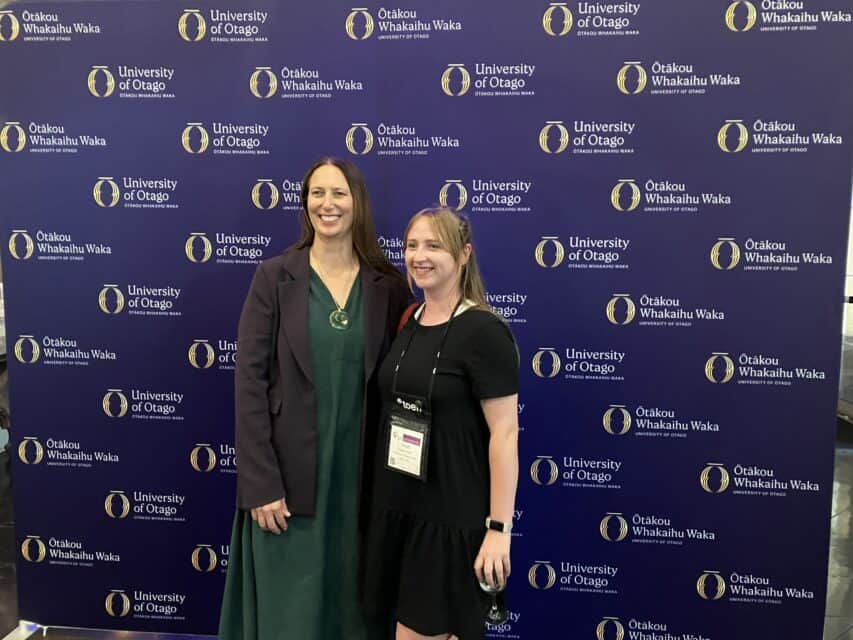The head of the organisation representing language schools in Canada has called the decision to include some of their students in the international student cap “unconscionable”.
The move, which will last for two years to try and bring numbers back down to 2022 levels, has garnered polarising reactions from across the sector.
While the cap will not include all language students, Immigration, Refugees and Citizenship Canada does include those who are on a student visa, which, according to the executive director of Languages Canada, will impact many schools.
The majority of language students enter Canada on Temporary Resident Visas, and ETAs which are used by tourists, but there is a catch.
“Those coming through study permits… the weight of their financial contribution, and other contributions like diversity, is disproportionate to the total number of students,” Gonzalo Peralta argued, speaking with The PIE News.
“It might only be that 25% [are coming in on study permits], but the commercial weight at the end of the day is 50%,” he continued.
The issue is made worse by the fact that language students are not permitted to work if they are enrolled in a standalone language course.
Students, according to the IRCC website, are permitted to work off-campus if they meet the criteria of being a full-time student at a DLI, enrolled in either post-secondary academic, vocational or professional training programs.
The study program needs to be at least six months and leads to a degree, diploma or certificate and the studies need to have commenced before the student is allowed to work.
“Our [member schools] are the ones that welcome international students and others and teach them our official languages and show them our way of life. It’s complete integration.
“This is what our members do. And it’s unconscionable that the IRCC will, on the one hand, say those students are not allowed to work and on the other hand, say they’re not exempt from the cap,” Peralta declared.
He is lobbying to make language schools entirely exempt from the cap, and is currently in contact with the immigration minister’s office.
Some 16 of the member programs in the Languages Canada organisation are in Marc Miller’s riding, or constituency, in Montreal. “He’s going to be hearing from them as well”, Peralta confirmed.
While not officially listed as a benchmark for exemption from the cap, Peralta argued that language schools meet the criteria based on the fact they do not adversely impact the housing market.
“Rapid increases in the number of international students arriving in Canada also puts pressure on housing,” it was noted in the initial announcement of the cap.
Many students who go to Canada to a language school end up staying in homestays, which doesn’t contribute to the housing crisis currently happening in the country.
It is a point also raised recently by Languages Canada immediate past president and president North America for Oxford International Education Group, Sharon Curl.
“We know where every single one of our students lives and sleeps,” she recently told The PIE.
Masters, doctoral, primary and secondary school students are also exempt from the cap.
Peralta acknowledged that in general, abuse of the system was happening – with students applying to go to Canada “for the purpose of work and using studies as a means to get to that” – but did note the federal government “allowed that” in the first place.
“It might only be that 25% [are coming in on study permits], but the commercial weight at the end of the day is 50%”
“Now, they don’t want that anymore. While we appreciate that a correction needed to be made, there are aspects that I find really terrible,” Peralta added.
“The government did not even advise the provinces – when they announced it publicly, it was news to the them – even within other departments in the federal government.
“The other issue is that it was done without any consultation. There’s a way of doing things; everybody in Canada knows that a correction was needed, but a correction that is blind and hurts so many players and so many students in Canada as a whole is terrible.”
On February 6, Languages Canada issued a release encouraging students to continue to choose Canada, noticing that crucially, those coming on TRVs or ETAs, as well as through the International Experience Canada work visa are not subject to the cap and will benefit from faster visa processing.











